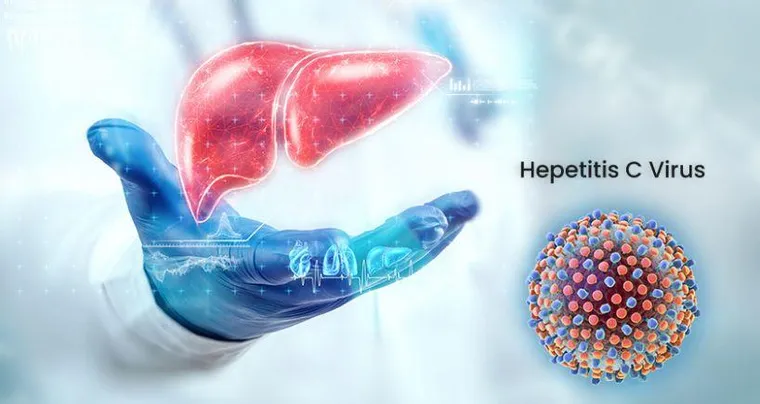Hepatitis C is a viral infection that primarily affects the liver, leading to inflammation and potential long-term damage. It is often referred to as a "silent" disease because many people don’t experience symptoms in the early stages. However, as the virus progresses, it can lead to severe liver complications, including cirrhosis and liver cancer. Recognizing the symptoms early can help manage the disease and prevent further damage, making early detection critical for effective treatment.
The symptoms of hepatitis C can range from mild to severe and may not appear until years after the initial infection. Some individuals may experience no symptoms at all, while others may notice fatigue, abdominal discomfort, or jaundice (yellowing of the skin and eyes). If you’re at risk of contracting hepatitis C, it’s important to get tested, as early detection can significantly improve treatment outcomes and reduce the risk of complications. Here are some common signs to watch for.
Common Symptoms of Hepatitis C
1. Fatigue
Feeling unusually tired or weak is one of the most common symptoms of hepatitis C. This can be a result of the body fighting the infection, or it could be related to liver dysfunction caused by the virus.
2. Abdominal Pain
Pain or discomfort in the upper right side of the abdomen, where the liver is located, is another potential symptom. This could be due to inflammation or liver enlargement caused by the virus.
3. Jaundice
Jaundice is the yellowing of the skin and eyes and occurs when the liver is unable to process bilirubin properly, a substance produced during the breakdown of red blood cells. It is a key sign of liver distress.
4. Dark Urine
Dark urine can be a sign of bilirubin buildup in the bloodstream, often due to liver dysfunction. It may be noticeable when using the restroom.
5. Nausea and Loss of Appetite
Chronic liver conditions like hepatitis C can affect digestion and appetite, leading to nausea, vomiting, and a general disinterest in eating.
6. Joint Pain
Some people with hepatitis C experience pain or swelling in their joints. This can happen as a result of inflammation caused by the infection.
When to Seek Medical Attention
If you suspect you have hepatitis C or are experiencing any of the symptoms mentioned above, it’s important to consult with a healthcare provider. Hepatitis C can go undiagnosed for years, so getting tested and diagnosed early can help prevent serious liver damage and improve the effectiveness of treatment options.
Conclusion
Although hepatitis C symptoms can be subtle, they should never be ignored. Regular screening, especially if you are at high risk for hepatitis C, is crucial for early detection and successful treatment. If you experience any of the symptoms listed, consult a doctor who can provide testing and discuss the best options for managing the virus.

